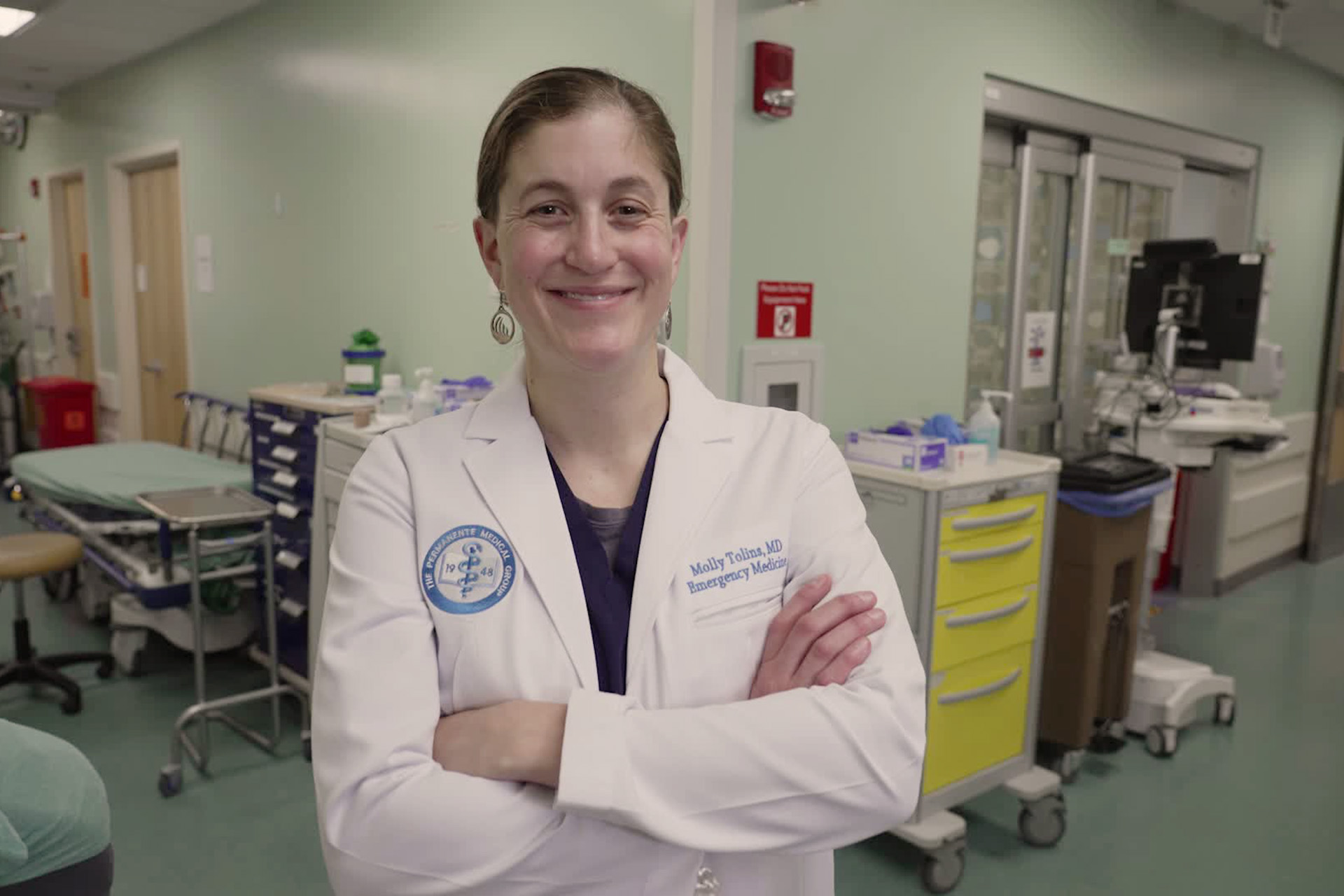Lilibeth Pascual is an assistant nurse manager at Kaiser Permanente Sacramento and a mother of 3. In 2020, her telemetry unit was filled with patients battling COVID-19.
And yet Pascual set an important professional goal for herself that year.
Purchasing a book on Amazon, she studied daily for several months to earn her Certified Medical Surgical Nurse Certification.
“My kids laughed at me because I’d fall asleep reading my study guide,” Pascual said. “It felt like taking my board exam again. But my kids said, ‘You can do it, Mommy.’”
Pascual was nervous during her 3-hour exam. “But I realized that it was actually easy because it was all the situations I encounter at work.”
Pascual’s effort paid off when she passed the exam.
Why nurse certification?
Nurse certification is not a nursing degree. It is in addition to degrees.
Certification is offered in many facets of nursing, including critical care, emergency room, medical-surgical, operating room, inpatient obstetrics, and neonatal intensive care. In total, there are 183 national specialty certifications for registered nurses.
Currently, more than 2,000 Northern California nurses are certified.
The benefits of certification are just as varied.
“For the individual, the clinical know-how and experience all come together in one’s certification — which is an incredible personal and professional accomplishment.” Jim D’Alfonso
It validates the highest level of professional competency and a commitment to lifelong learning. It impacts members and patients by enhancing safe and reliable care. And it inspires fellow nurses to achieve their personal best through national certification.
For the individual, it offers a sense of pride and achievement, and supports professionalism and career mobility.
For Pascual, her certification was inspired by co-workers who had been certified. She said she has gained additional knowledge as well as competency for management roles.
Nurse certification can also be a group goal.
In 2013, Jeanne Scanlon, a clinical nurse specialist in the Intensive Care Unit at the Sacramento Medical Center, passed away. Scanlon was respected and admired by her team for her passion and commitment encouraging nurses to enhance their professional practice through education. The team decided to honor her by earning their Certified Neuroscience Registered Nurse and Stroke Certified Registered Nurse certifications.
In total, more than 38 nurses became nationally certified.
Certification is supported by Kaiser Permanente
Kaiser Permanente Northern California is encouraging nurse certification with a voucher program to pay all of the required fees for up to 34 of nursing’s top national exams.
Nurses may simply verify eligibility to sit for the certification exam by reviewing the criteria for the certification they are interested in pursuing and then by submitting an online request form.
A second option for those certifications not currently available through the voucher program is the annual National Tuition Reimbursement benefit that now covers certification exam and prep course fees.
“Advanced education is a large part of Kaiser Permanente Northern California’s commitment to pursue Magnet designation at our hospitals,” said Jim D’Alfonso, DNP, RN, executive director, Professional Excellence & The Kaiser Permanente Scholars Academy. “For the individual, the clinical know-how and experience all come together in one’s certification — which is an incredible personal and professional accomplishment.”
Learn more about nurse certification at Kaiser Permanente.




